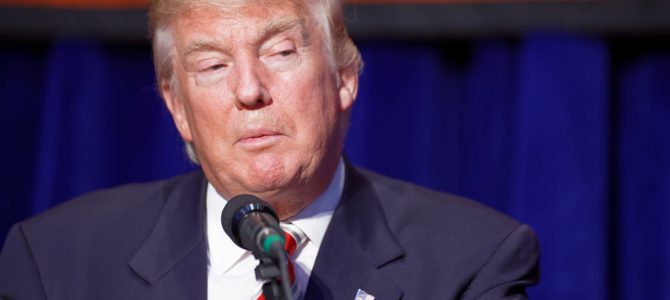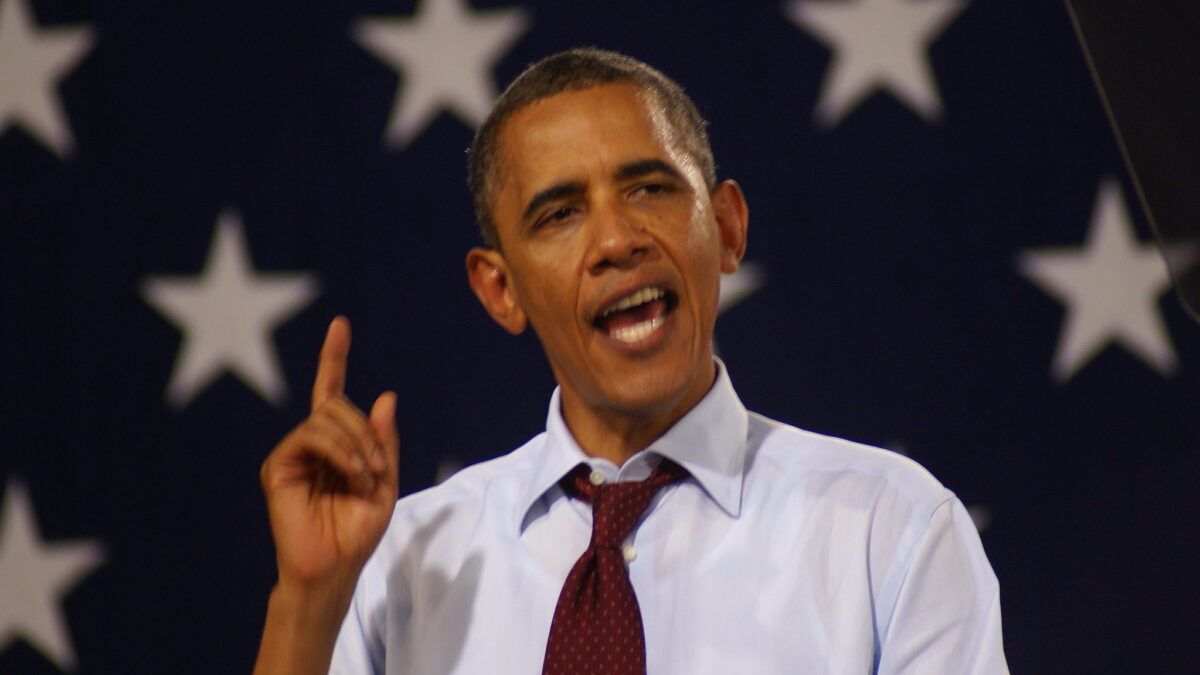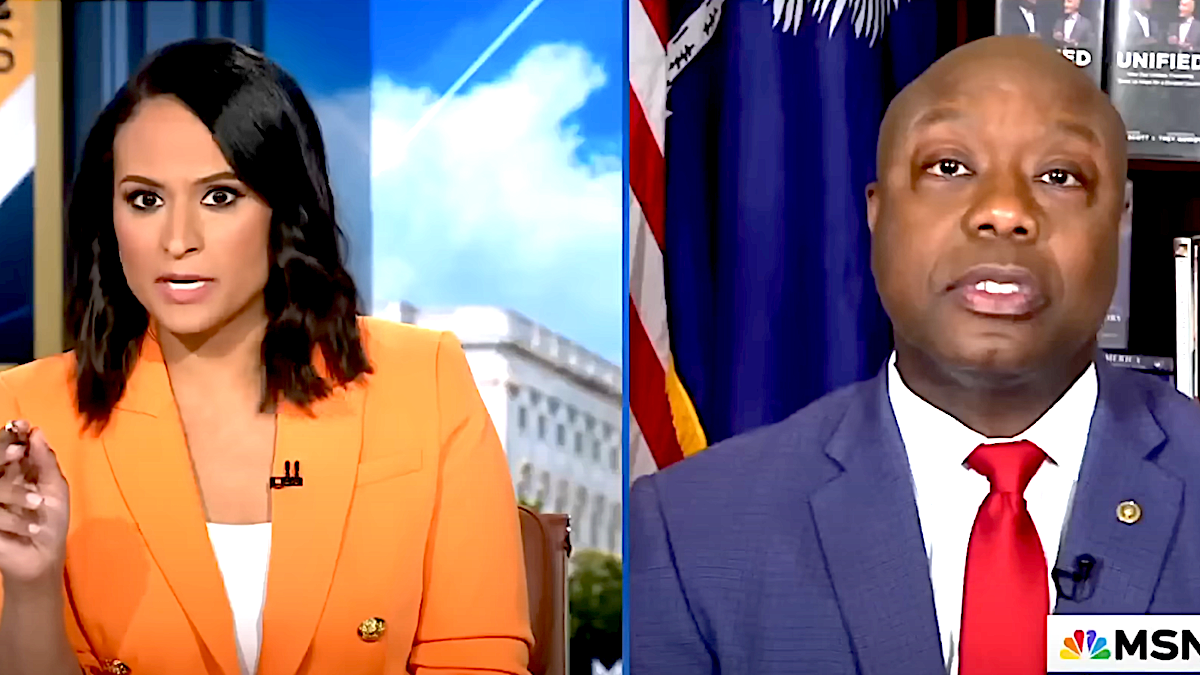
Dr. Elliot S. Valenstein details the intriguing and terrifying history of psychosurgery over the past century his book “Great and Desperate Cures,” and there’s a lesson here to be applied to the phenomena of mental health experts speculating about President Donald Trump’s mental health.
Valenstein critiques the era that gave us the lobotomy in his book, and it’s a good reminder to exercise extreme caution when listening to the professional opinions of experts. “It is indeed all too easy to look back on the past and wonder complacently how prefrontal lobotomy could have been so readily accepted,” he writes. “Oblivious to the similarities between past events and present practices, we draw no lessons — as though, for a brief period, psychiatry, responding to unique circumstances and the influence of a few zealous, if not malevolent, physicians, had run amuck.”
The critique might sound harsh, but his cynicism is not completely unfounded. Consider for a moment that the lobotomy won a Nobel Prize in 1949, and in some parts of the world is still practiced today. Valenstein’s comments aren’t really suggesting that psychiatry risks a return to the bygone era of excessively applied lobotomies, but that any professional culture unchecked by ethical, intellectual, and philosophical criticism is absolutely capable of terrible judgments. So we should exercise extreme caution when listening to the professional opinions of a handful of emotionally charged psychiatrists and psychologists regarding the dangerousness of Trump — someone they’ve never once personally examined.
It goes without saying the vast majority mental health practitioners are outstanding professionals who do their jobs with the utmost consideration, and care for welfare of their patients. So it’s all the more troubling when leaders in the field, who should be the standard bearers of measured thinking, and ethical behavior start making extraordinary statements about the president’s mental fitness.
In a recent article in the Boston Globe, “The Ethics of Warning the Public About a Dangerous President,” authors, Dr. Bandy Lee, Dr. Leonard Glass, and Dr. Fisher argue:
“In spite of widespread concern regarding Donald Trump’s ability to execute his office, the psychiatric establishment continues to enforce silence on its members, depriving the public of their expertise. Hampering the profession’s ability to warn about danger needs reconsideration …
… Extraordinary situations may require an extraordinary response, if we are keeping with medical neutrality and the standards of our practice. To ramp up “ethics” to the point of turning a rule into a gag order, just to maintain a semblance of professionalism, fosters a complicity of silence on the nation’s mental health experts in the face of public health risks of potentially catastrophic proportions.”
You can almost hear Luke Skywalker saying, “Impressive … Every word in that sentence was wrong.” The authors really want us to believe Trump’s behavior is a public health and safety issue. The problem with this kind of hyperbole is that it inflates the importance of the message, and harms the credibility of the messenger by changing the tone of the argument from one of professional concern to one of political bias.
These kinds of articles quickly become partisan pieces, and any positive message gets lost in deeply rooted political dogma. There isn’t widespread concern among the general populace. Thus far, those questioning Trump’s mental health consist primarily of several dozen psychiatrists and psychologists, mostly from academic institutions. As far as the psychiatric establishment enforcing silence on its members, that’s just not the case.
Nor is the psychiatric establishment depriving the public of anyone’s expertise. Clearly, that’s not true, as these three authors wrote an article in the Boston Globe, and 27 psychiatrists, to include Dr. Lee, wrote a book, “The Dangerous Case of Donald Trump.”
It’s possible someone has been professionally censured, or had their license revoked as a result of speaking out about the president’s mental health, but it’s unclear if that’s happened. Instead, it appears all this talk of being muzzled by the establishment is really just so much bravado.
The “enforced silence” the authors are referring to is the Goldwater Rule, “which prohibits diagnosing public figures without a personal examination and without consent.” But that rule doesn’t prevent them from talking about public figures in general terms: “[a] psychiatrist may share with the public his or her expertise about psychiatric issues in general.”
Even so, Lee and her cohorts claim they aren’t violating the rule, because assessing dangerousness isn’t the same as diagnosing someone with a disorder. One could make the argument, however, that after writing a book, and several articles promoting said book, to say they’re simply assessing danger, and not diagnosing is engaging in fancy word play, because at about the 3,000-word mark, they’ve all but rendered a diagnosis.
The more troubling part of questioning Trump’s mental health lies in asserting his behavior is somehow an extraordinary situation that requires an extraordinary response. It really isn’t, and it really doesn’t. This is where Valenstein’s warning is germane. There is a reason exercising professional restraint in the form of ethics and standards should be treated as immutable, and any suggestion to the contrary should be examined with professional objectivity and caution.
Case in point, these same professionals (Lee, et. al.) are asserting that Trump has the power to bring about the end of the humankind. Lee told the New York Daily News: “From a medical perspective, when we see someone unravelling like this, it’s an emergency. We’ve never come so close to in my career to this level of catastrophic violence that could be the end of humankind.”
Here’s the real question raised by Lee’s statement. When and in what circumstance have you ever in your “career” had occasion to be exposed to any level of “catastrophic violence,” whether it spelled the end of humankind or not? This kind of exaggerated scaremongering is professionally shameful. Moreover, if her claim is to be believed, this would officially make Donald Trump more terrifying than climate change.
Again, the comments of Lee and others like her are not the kind of measured, professional language one uses if they want to convey a principled idea, and have it be heard as credible by the general public, a significant number of whom voted for the President. This is declamatory, partisan, and alienating rhetoric, and it’s very concerning. It would not be at all surprising if Trump supporters were feeling slightly alienated by mental health practitioners actively undermining the President’s mental fitness. There’s very little distance between publicly criticizing the president’s mental state, and calling into question the cognitive abilities of his supporters.
Unfortunately, professionals tend to see supporters of the president as an extension of the problem. Howard Gardner, a developmental psychologist, throws the net wide, opining in Vanity Fair:
“For me, the compelling question is the psychological state of his supporters. They are unable or unwilling to make a connection between the challenges faced by any president and the knowledge and behavior of Donald Trump. In a democracy, that is disastrous.”
Gardner’s sweeping generalization of Trump’s supporters shows a stunning lack of awareness about a highly diverse group of people that make up roughly half of the voting electorate. The message is clear: some mental health professionals don’t like Trump, or his supporters. It’s difficult to come away with any other impression. But putting one’s professional capital on the line for a political agenda risks patients wondering how neutral, or safe, can the profession be?
There is far more at stake than a president that will come, and go. How many patients will be harmed because of a political bias, and consequently diagnosed with a behavior “disorder?” It’s a question more people may be asking as some leaders in the field continue to use psychology to answer questions based on their own partisan beliefs.









